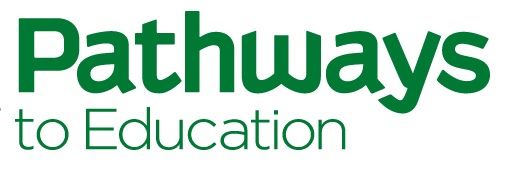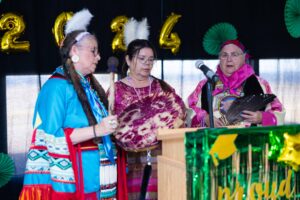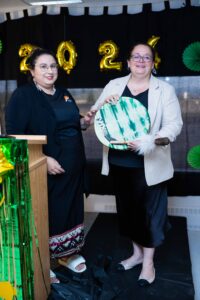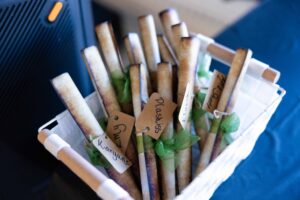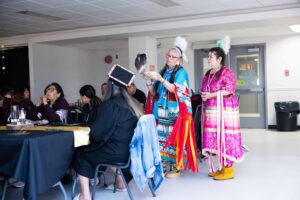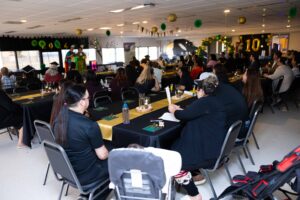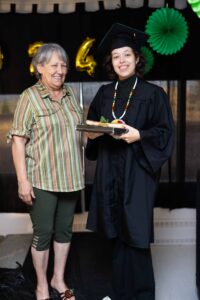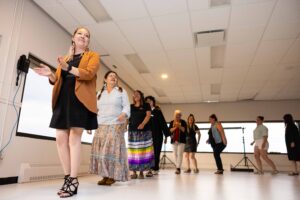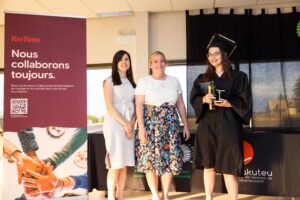It’s Hooked on School Days in Quebec this week—a time to celebrate and recognize students’ achievements and efforts on their journey to success. As Hooked on School Days says, “With the right support, everyone can persevere.” Here at Pathways, we couldn’t agree more. Just take a look at Pathways Mashteuiatsh. We recently celebrated 10 years of serving youth in this community alongside Puakuteu, Women’s Committee of Mashteuiatsh, and the long-standing commitment of corporate partner, Rio Tinto. Here, at the only on-reserve Pathways Program location, Indigenous students have access to culturally affirming programming to support their journeys in high school and beyond.
Creating meaningful change
Graduation ceremonies are a staple of many Pathways locations across the country. They provide the opportunity to celebrate young people and their potential, which have inspired the relentless commitment of Pathways staff, volunteers and donors for over two decades. In Mashteuiatsh, the most recent ceremony was a resounding success. “We had an amazing gala to celebrate graduates from the past 5 years,” Program Director Caroline Lambert explains. “Everyone joined in. A dozen people from Rio Tinto, elected officials, so many people to celebrate the achievements of local youth!”
Graduation ceremonies also speak to another key part of the Pathways Program: local Program Partners leveraging their extensive knowledge of their respective communities to better engage students. For example, in Mashteuiatsh—a location serving mainly Indigenous youth—program staff came up with a unique idea to get students excited about graduation. “We did beading all around the graduation hats,” Caroline shares. “I told them to keep the hats as a memory–many of the students are going on to their next projects and wanted to stay connected to the program.”
The Pathways Program Partner in Mashteuiatsh is Puakuteu, comité de femmes de Mashteuiatsh. Their space is often the first stop for families in need of support, who get to learn about the Pathways Program while accessing other resources. Program staff like Paméla Duciaume have a unique knowledge of local challenges, like planning for life after high school as an Indigenous person. “It can be a big identity shock for an Indigenous person moving to an urban setting to go to school,” Paméla explains. “We guide students through their options, like post-secondary institutions we have relationships with, or local CEGEP programs built around Indigenous knowledge. I went to one of those programs myself and they are very popular with the students here.”
Program Director Caroline, who went to university before these supports were available, remembers that it was difficult to study in a context often ignorant of Indigenous life and customs. Seeing local youth get excited about the education options available to them feels like a meaningful change. It’s more motivation for Caroline and Paméla to carry on the excellent work this program location has done for years. Together, they are creating a network of support to help Indigenous youth thrive in their education and unlock their potential. “Youth go through the Pathways Program and go on to do amazing things, and my hope is that one day, they’ll come back to the community and become changemakers themselves,” Caroline reflects. “We’re already starting to see it, and it’s so inspiring.”
